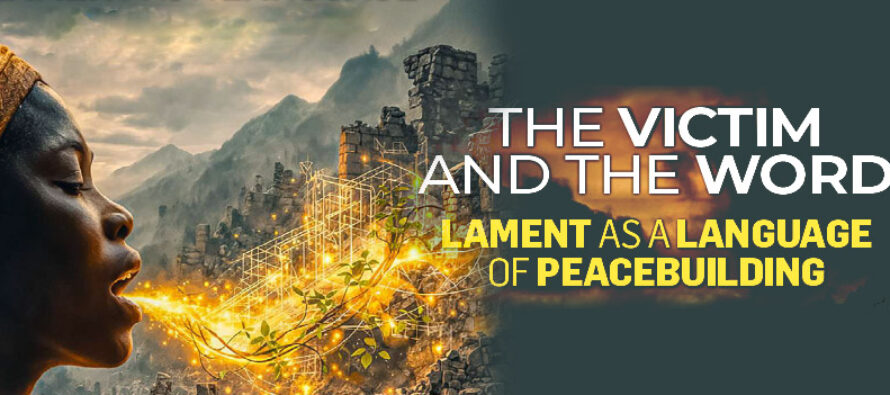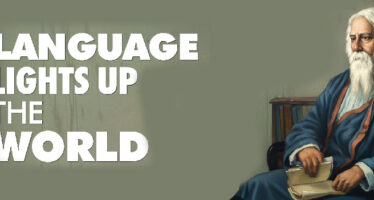THE VICTIM AND THE WORD LAMENT AS A LANGUAGE OF PEACEBUILDING Pax

Print this article
Font size -16+
This article argues that sustainable peacebuilding in Congo requires more than institutional reformor conflict management; further it demands the recovery of the victim’s voice as a central moral and theological category.
Related Articles
LANGUAGE LIGHTS UP THE WORLD
Tagore wrote prolifically, primarily in Bengali – around 2500 songs, poems, plays, essays, novels, and short stories; he was also
YES, MIRACLES ARE POSSIBLE THROUGH NONVIOLENT/ COMPASSIONATE COMMUNICATION
The systematic and intentional misuse of language – through hate speech, propaganda, misinformation, fake news, or coded forms of exclusion
LANGUAGE AND VIOLENCE THE POWER OF WORDS TO HARM, HEAL, OR TRANSFORM
The island’s long struggle with ethnic conflict, political polarisation, and social inequality has shown repeatedly that words can do what
No comments
Write a comment
No Comments Yet!
You can be first to comment this post!




